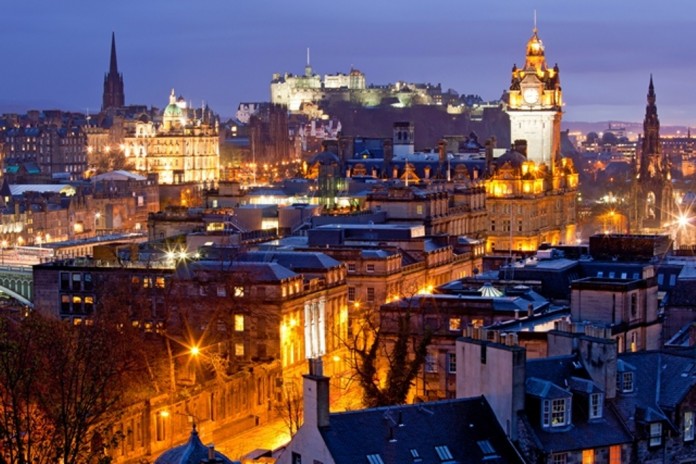Edinburgh has maintained its position in the top 20 of a global property investment index for the second consecutive quarter thanks to sustained investor confidence at home and abroad.
The JLL Investment Intensity Index compares the volume of direct real estate investment over a three-year period relative to the city’s current economic size. It provides a measure of real estate market liquidity, as well as a useful barometer of a city’s overall ‘health’, highlighting cities that are punching above their weight in terms of attracting real estate investment.
Edinburgh is ranked in 18th place in the latest report, with London, Oslo, Munich, Sydney and Honolulu, taking the top five slots, in descending order. Scotland’s capital was ranked above a number of the world’s big cities including Berlin and Beijing.
The capital re-entered the top 20 of JLL’s City Investment Intensity Index during the third quarter of 2015 thanks to a pick-up in international interest after a dip in 2014 caused in part by uncertainty surrounding the independence referendum.
Alasdair Humphery, Lead Director for JLL in Scotland, said: “Sustained investor confidence at home and abroad has allowed Edinburgh to grow its position within the world’s top 20 cities for property investment for a second consecutive quarter.
“Global influences such as Middle East instability and Russia’s economic crisis have affected investor decision making, allowing European hubs to experience an increased flow of capital from regions where investors are looking for more stable markets and attractive long-term opportunities. With London becoming increasingly expensive, many investors have looked north to other regional UK markets, including Edinburgh which offers increased value and choice.
“The origin of equity that Edinburgh is attracting has also shifted in the past year, caused in part by continuing political uncertainty in Scotland and increased visibility of the city on the global stage. In 2015, 59% of commercial property investment into the key markets of Edinburgh and Glasgow came from overseas, compared with 49% in 2014, demonstrating increasing international interest.
“With the European referendum and Scottish election a matter of months away, we expect to see a natural slowdown in overall investment, which may accelerate international activity with foreign investors looking to take advantage of the short-term vacuum this caution creates.”



















